
metalworking fluids are fluids used mainly for metalworking, mainly for lubrication and cooling, but also for rust prevention and cleaning. general metalworking fluids include cutting fluids, cutting oils, emulsions, stamping oils, quenching oils, quenching agents, high temperature oils, extreme pressure cutting fluids, grinding fluids, rust prevention oils, cleaning agents, blackening agents, deep drawing oils, thickeners, etc. metalworking cutting fluids are low foaming, high lubricity soluble lubricants that minimise maintenance costs even when used in demanding environments. and cooling.
there are four main functions of metalworking fluids, one is to cool, take away the large amount of heat generated by cutting and plastic deformation, and prevent the welding and prop strength between the friction surfaces from decreasing; the second is to reduce frictional wear, change the friction state, speed up cutting, extend the life of the tool or mould, and improve the surface finish of processing, the third is to flush away the cutting, and the fourth is to prevent rust, so that the surface of the workpiece with cutting fluid has a short-term anti-rust effect.
as human beings realize the importance of environmental protection of the earth on which they live, they put environmental protection in the first place. the research, production and use of metalworking oils (fluids) must first meet the requirements of environmental protection regulations and must take into account the protection of workers' health and safety, whether they are harmful to the environment, and the disposal of waste fluids after processing. the composition of various metalworking fluids must therefore be non-toxic, low odour, low oil mist, long life, low waste disposal costs and biodegradable. environmentally friendly metalworking oils (fluids) have been an important topic of research in recent times. synthetic fluids are the direction of development for metalworking oils (fluids).
noa has a central laboratory of nearly 30,000m2 with organic, inorganic, physical and chemical laboratories, thermal analysis, mechanics, reliability, combustion and weathering laboratories. we can provide one-stop analysis and testing services for adhesive products such as raw material quality control, composition analysis, foreign substance analysis, performance testing, environmental performance and reliability testing.
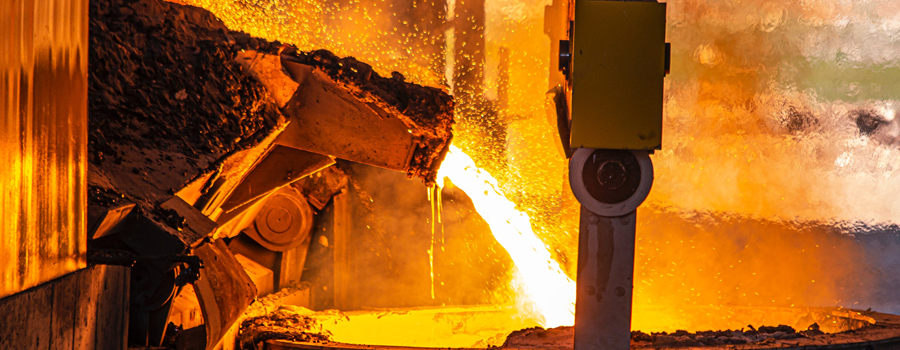
noa can provide composition analysis, formulation analysis, failure analysis, comparative analysis, foreign matter analysis, environmental protection testing and other services through spectroscopy, chromatography, nuclear magnetism and other large precision instruments, using "light, colour, heat, mass, meta-chemical" multi-analysis techniques, to help customers analyse the chemical composition and composition content of samples, or qualitative and quantitative analysis of specified ingredients and content according to customer requirements, identification of raw materials, additives, specific ingredients, content and foreign matter components and other analytical services.
i. service offerings
|
service offerings |
common products |
|
cutting fluids |
fully synthetic cutting fluids, semi-synthetic cutting fluids, emulsions, cutting oils, etc. |
|
wire cutting fluids |
edm wire cutting fluids, silicon wafer cutting fluids, metal grinding fluids |
|
polishing agents |
diamond grinding and polishing agents, glass grinding and polishing agents, sapphire grinding and polishing agents, silicon wafer grinding and polishing agents, etc. |
|
lubricants |
metalworking oils, lubricant additives |
|
chemical conversion membrane |
phosphating liquids, vitrified liquids, chromating agents, passivating agents, skinning agents, sealers |
|
electroplating chemical plating |
zinc plating brightener, nickel plating brightener, tin plating additive |
ii. services
|
service |
service definition |
|
component analysis |
qualitative and quantitative analysis of the constituents |
|
product development |
qualitative and quantitative analysis of the composition raw material recommendation equipment recommendation process guidance |
|
comparative analysis |
qualitative and quantitative analysis of constituents description of differences in composition suggestions for performance improvement |
|
foreign body analysis |
foreign body discovery analysis protocol test results foreign body composition analysis conclusions |
|
environmental testing |
volatile organic compounds, hazardous substances limits |
|
specified component analysis |
compound name and content test method |
|
large-scale instrument testing |
ftir, nmr, gcms, icpms, lcms, gpc and other instrumental tests |
|
raw material quality control |
raw material purity testing, material characterisation, qualitative and quantitative analysis of specified components |
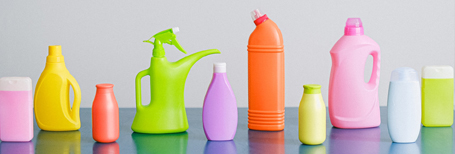
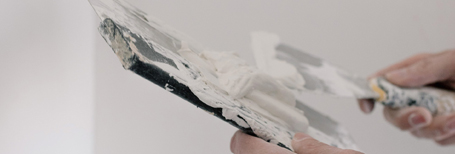

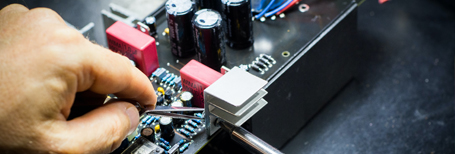
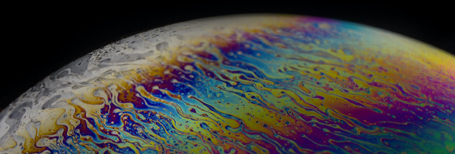


tel: 86-400 821 5138
fax: 86-21 3327 5843
email:noa@noagroup.com